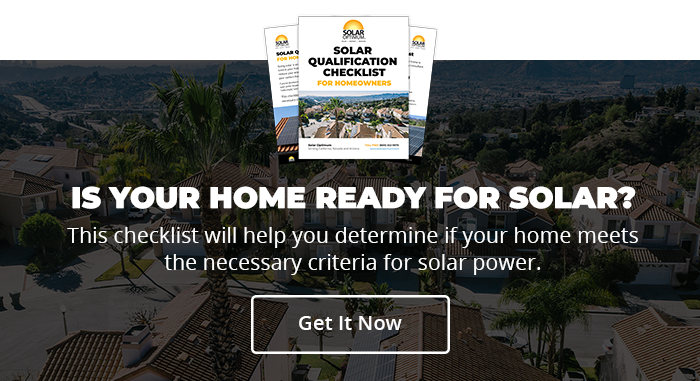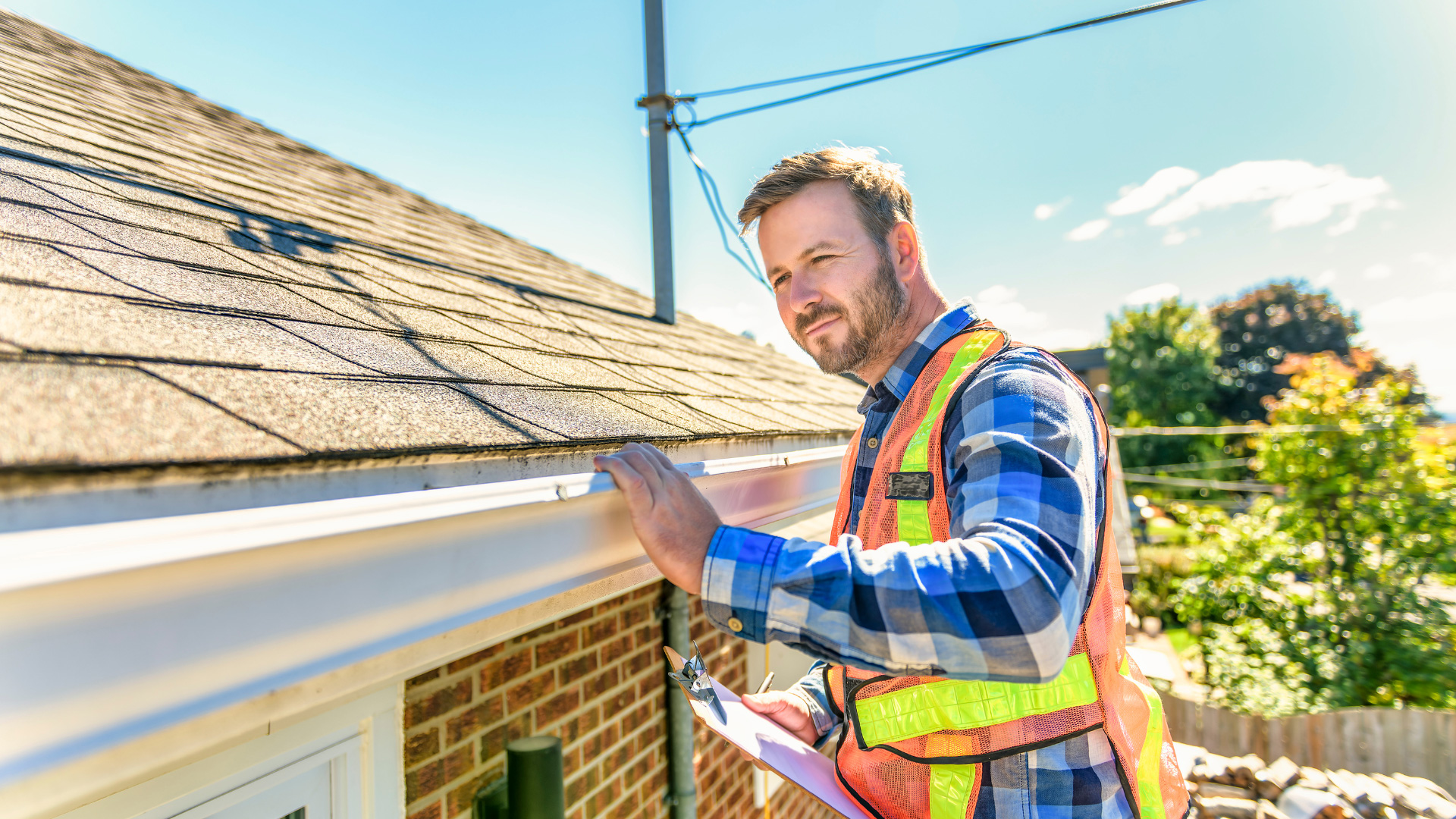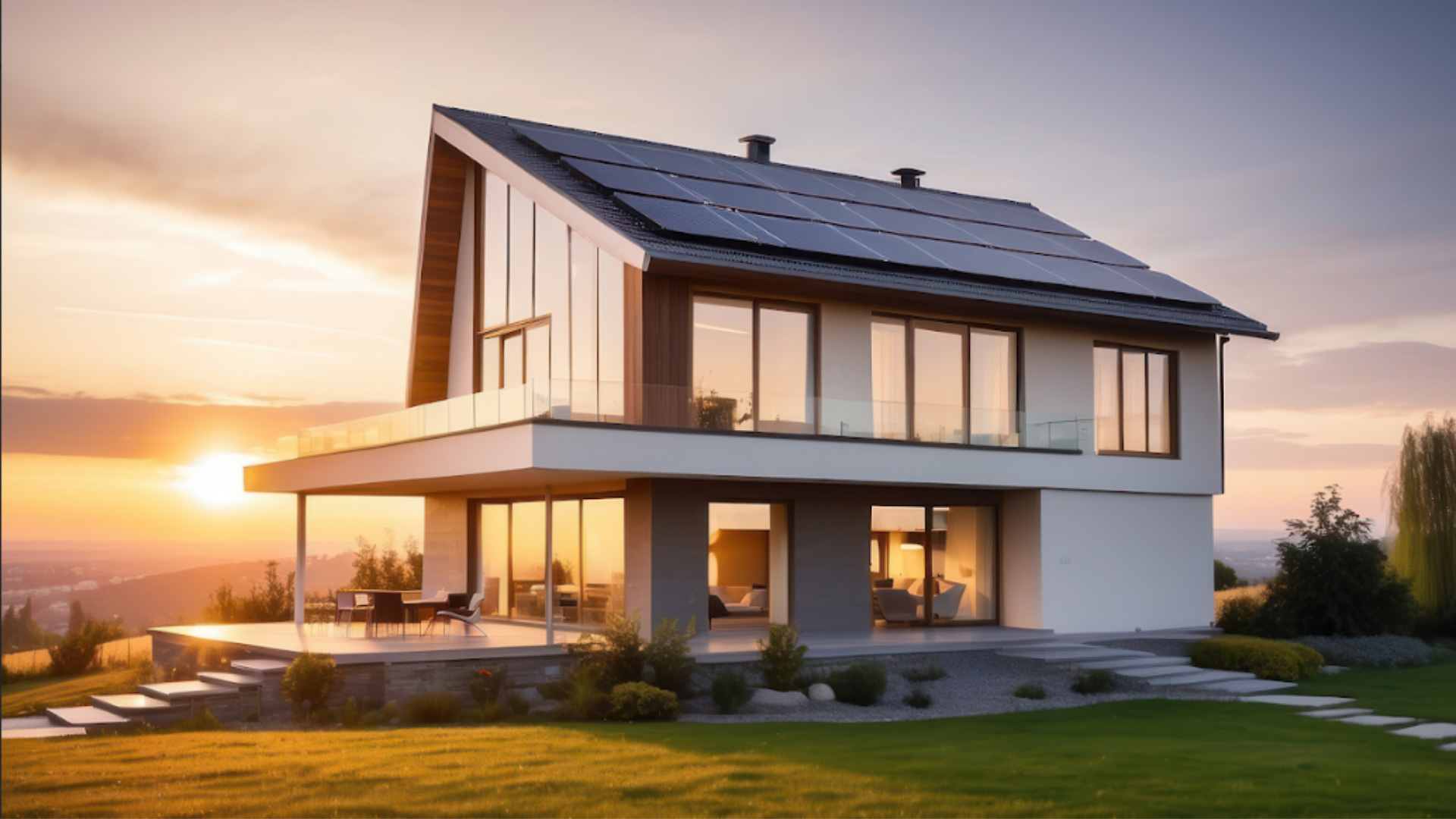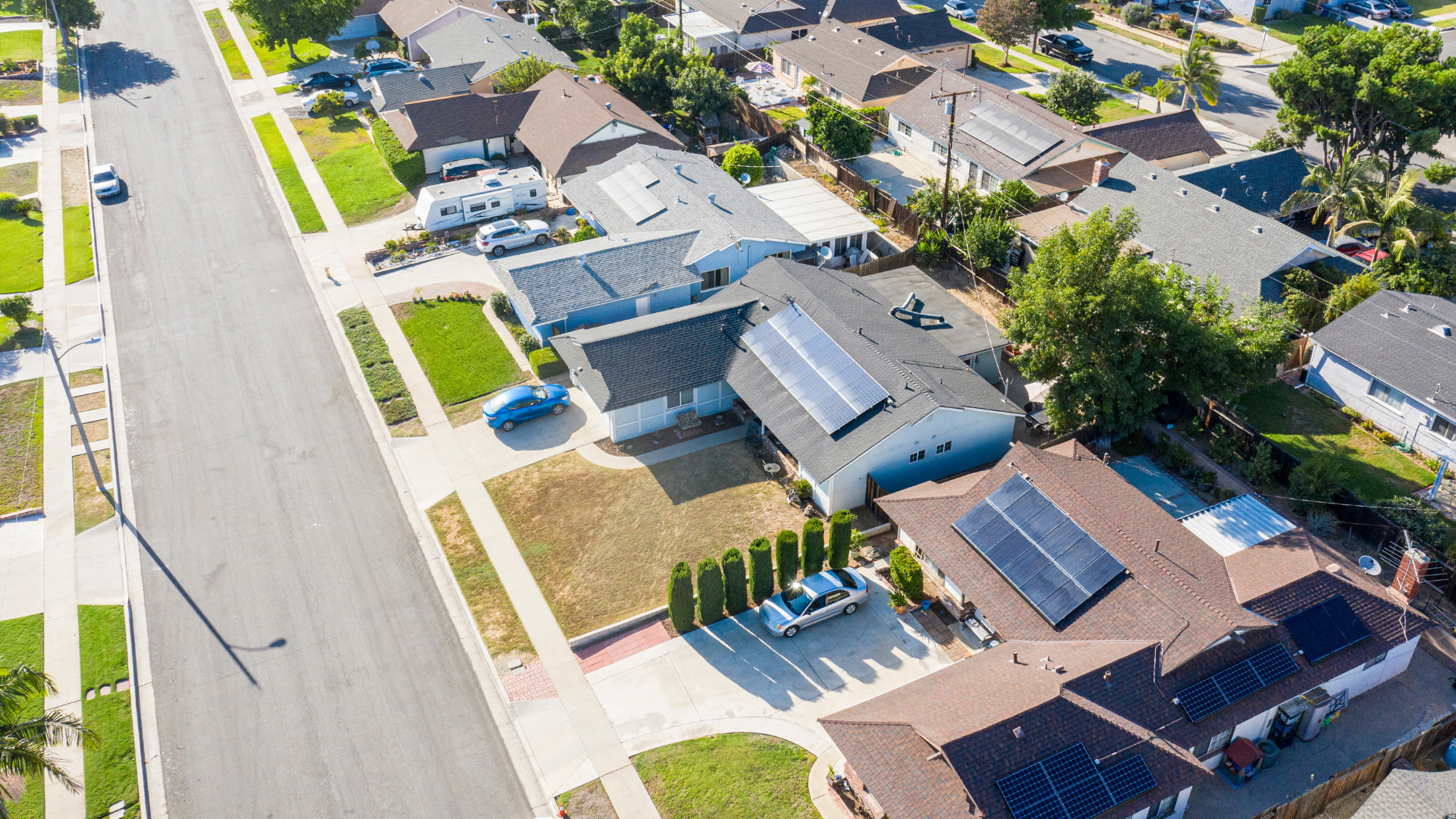Because the average Floridian uses 1,142 kWh of electricity per month, solar panels installed in Florida will pay for themselves very quickly. The solar panel installation process is different for everyone based on their home’s structure, energy storage solutions, and financing considerations. Here’s how you can prepare for a seamless solar panel installation in Florida.
Consider Your Financing Options
If you can’t afford to pay for solar panels outright, leasing solar panels can be a great option. With this arrangement, a solar lease company installs and maintains the panels for you for a flat rate each month, and you get to use the energy your panels produce. Keep in mind that only solar panel owners can claim the Residential Clean Energy Credit in Florida, however.
If you own your system, the Residential Clean Energy Credit allows you to write off up to 30% of the solar system’s installation cost the next time you file your taxes. Florida residents also don’t have to pay sales tax on solar panel installation.
Order a Roof Inspection
The average solar panel weighs 40 pounds, and most homeowners need to install at least a few on their roofs. You should seek out a qualified solar contractor with experience in roofing to determine how many solar panels your roof can physically hold. During this inspection, your contractor should be able to tell you where the panels should be installed based on the pitch of your roof.
Before that happens, have your contractor complete any necessary roofing repairs. While you can remove solar panels to access leaks underneath them, it’s not an easy (or cheap) process. Alongside the panels, all of the mounting hardware and the wiring will have to be uninstalled.
Choose a Solar Storage Option
Because Florida gets so much sunshine each year, homeowners might find themselves with a lot of extra solar energy. That energy can be collected in a solar battery so that you can access it as needed. While using a solar battery will earn you more savings in the long run, they cost several thousands of dollars each. You might need two or three depending on your electricity usage, and all of them will need their own storage area.
Alternatively, you can buy a production meter directly from your utility company. Your utility provider is responsible for installing the device and monitoring your excess energy usage. You won’t be able to access it directly, but you can earn credits that will be put towards your bill.
How to Get the Most Savings With Solar Power in Florida
If you’re wondering exactly how much money you’ll save with solar panels in Florida, Solar Optimum can help! We provide resources nationwide for homeowners regarding solar panel installation, purchasing options, region-specific weather considerations, and energy tax incentives. To learn more about our services and get your free quote, don’t hesitate to contact us!






